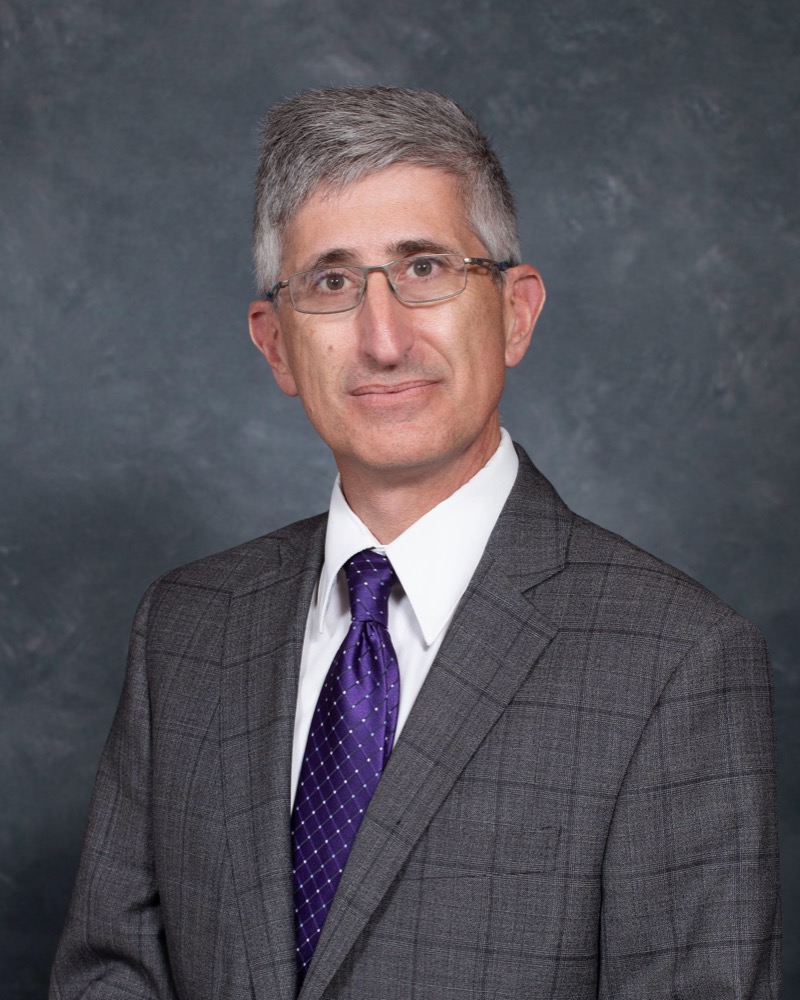Top 10 Myths About Estate Planning
June 23, 2021
In more than 30 years of practicing law, I have heard some common misconceptions about estate planning. These myths often center on the will drafting process which can result in intended beneficiaries not receiving what they should when you die. To that point, I have compiled ten common estate planning myths, with clarification for each.
1. The family comes together for a Will reading.
Though it makes for dramatic moments in film and television (like in the movie Knives Out), there is no state that requires a reading of the Will. State law determines who receives a copy of a Will, which is usually mailed to those involved.
2. I should include my burial instructions in my Will.
Including burial wishes in your Will can lead to problems. Typically, burials happen before the Will is found. You don’t want your wishes overlooked at burial because your plans were included in a Will no one had reviewed yet.
3. If I die without a Will, the state gets my money and assets.
This is one of the most widely-held myths in estate planning. No one wants to think of the government seizing their cash and assets once they die. Like many of these myths, this comes from a nugget of truth. If you die without a Will, New York does not take your assets, but provides who receives them under New York’s Estates, Powers and Trusts Law (EPTL). There is a set pecking order describing who receives the assets of a decedent who died without a Will.
For example, in New York, if there is a spouse and no children, the spouse receives 100 percent of the estate. If a decedent leaves a surviving spouse and children, the spouse receives half of the estate plus $50,000. The balance of the estate is divided equally among the children.
4. I was named executor in a Will, therefore I am the executor.
You do not have any authority without court appointment. You are “on deck” until the Surrogate’s Court admits the Will to probate.
5. If I leave my children $1.00, they can’t contest my will.
Anyone who, in a Will, receives less than they would have received if the decedent dies without a Will, can contest the Will. A one dollar bequest isn’t going to protect a Will from being challenged.
6. If I tell people what I want to happen after I die, it will happen.
Maybe it will, maybe it won’t. One thing is for sure: without a legally binding Will, you are taking a huge risk with your assets, and in many cases adding untold stress upon your family.
7. If I gift a child more than $15,000 per year, I must pay a gift tax.
Generally, if you give more than $15,000 in a year to a beneficiary, you must file a Gift Tax Form (Form 709) with the Internal Revenue Service. Generally, under current law, you do not pay federal gift tax until you have given away more than $11 million.
8. My power of attorney can pay my bills after I die.
Because a power of attorney can pay bills when a person is alive, people mistakenly believe that authority continues post-death. Once a person dies, the authority of the power of attorney ends. Any unpaid bills are managed by the executor of the estate.
9. A written list of who gets personal property is binding in New York.
Some people want to be very specific about who gets their personal items. A painting for a friend, a set of china to a grandchild, etc. Clients often assume that a list of gifts binds an estate. New York does not recognize a list of assets or their recipients as binding (Florida does).
10. Once I sign my Will, my planning is done.
Although you have taken an important step, you are not done. Many people complete their Will years, even decades before they die. A will should be reviewed a minimum of every three to five years and updated as needed. That being said, if you have minor children, or there are substantial life changes that occur, it is critical to revisit and update your Will.
If you have been procrastinating making an estate plan or have a plan you’d like reviewed and updated, call me anytime.
The Trust and Estate planning team at Gross Shuman PC has decades of experience assisting in the proper planning and execution of trust and estate documents. John F. Leone and his team are just a phone call away. Don’t leave your lifetime of work at risk. Call us today. 716-854-4300 ext. 243 or jleone@gross-shuman.com.



